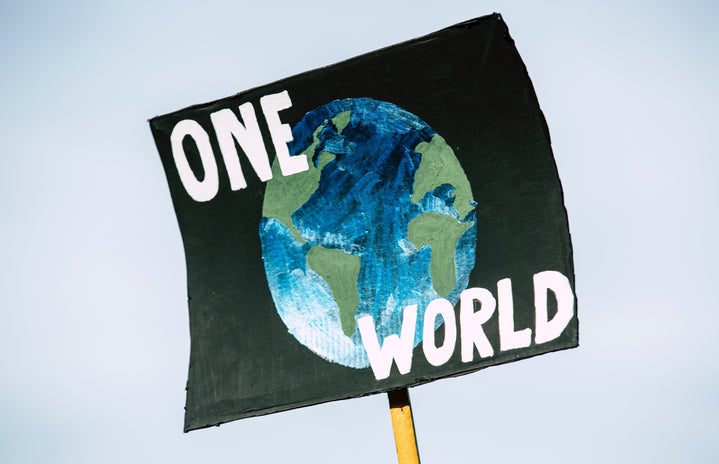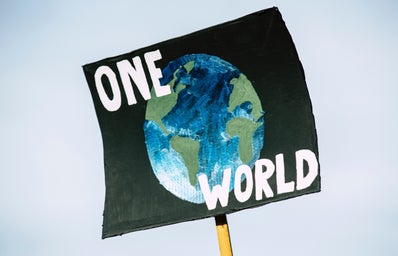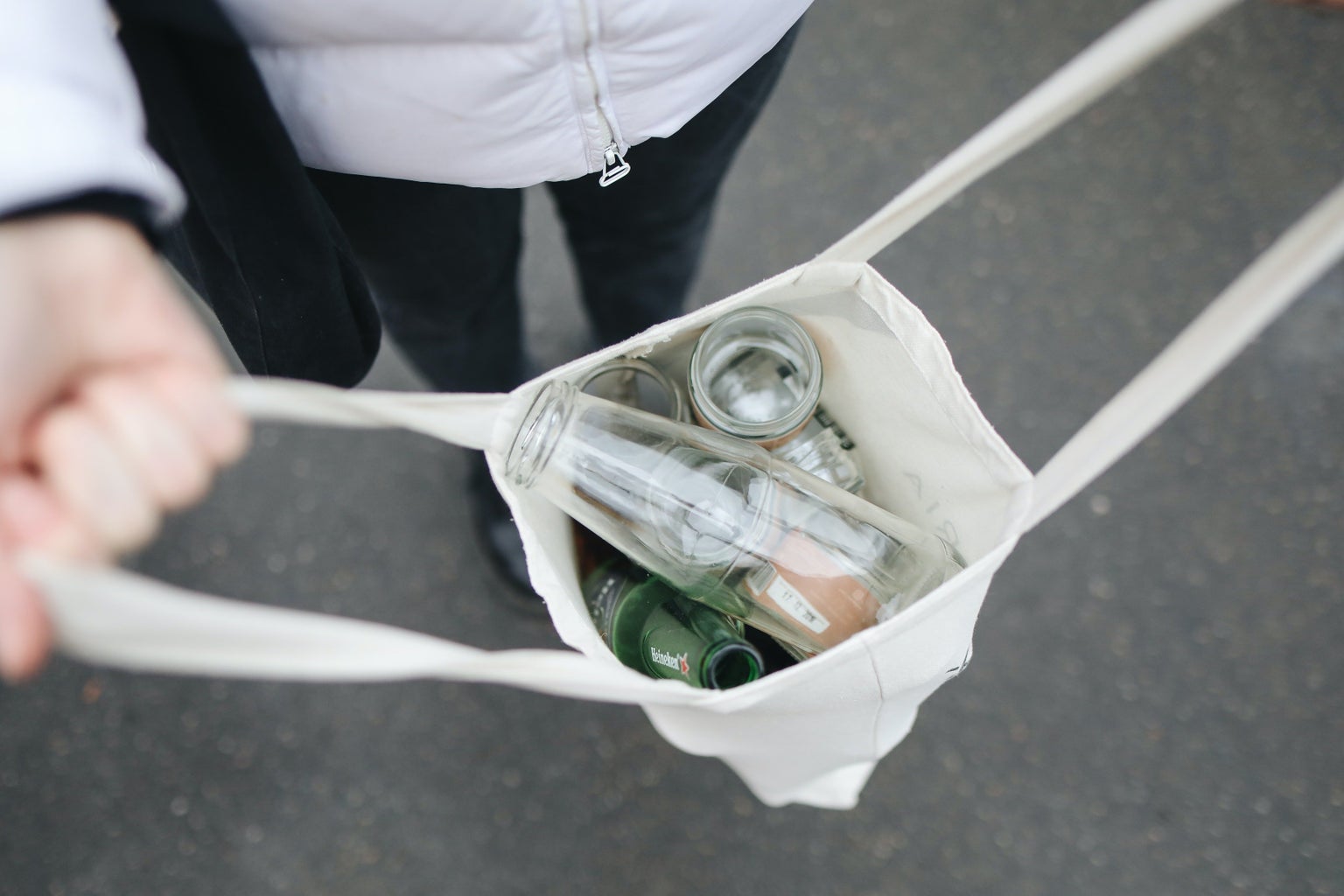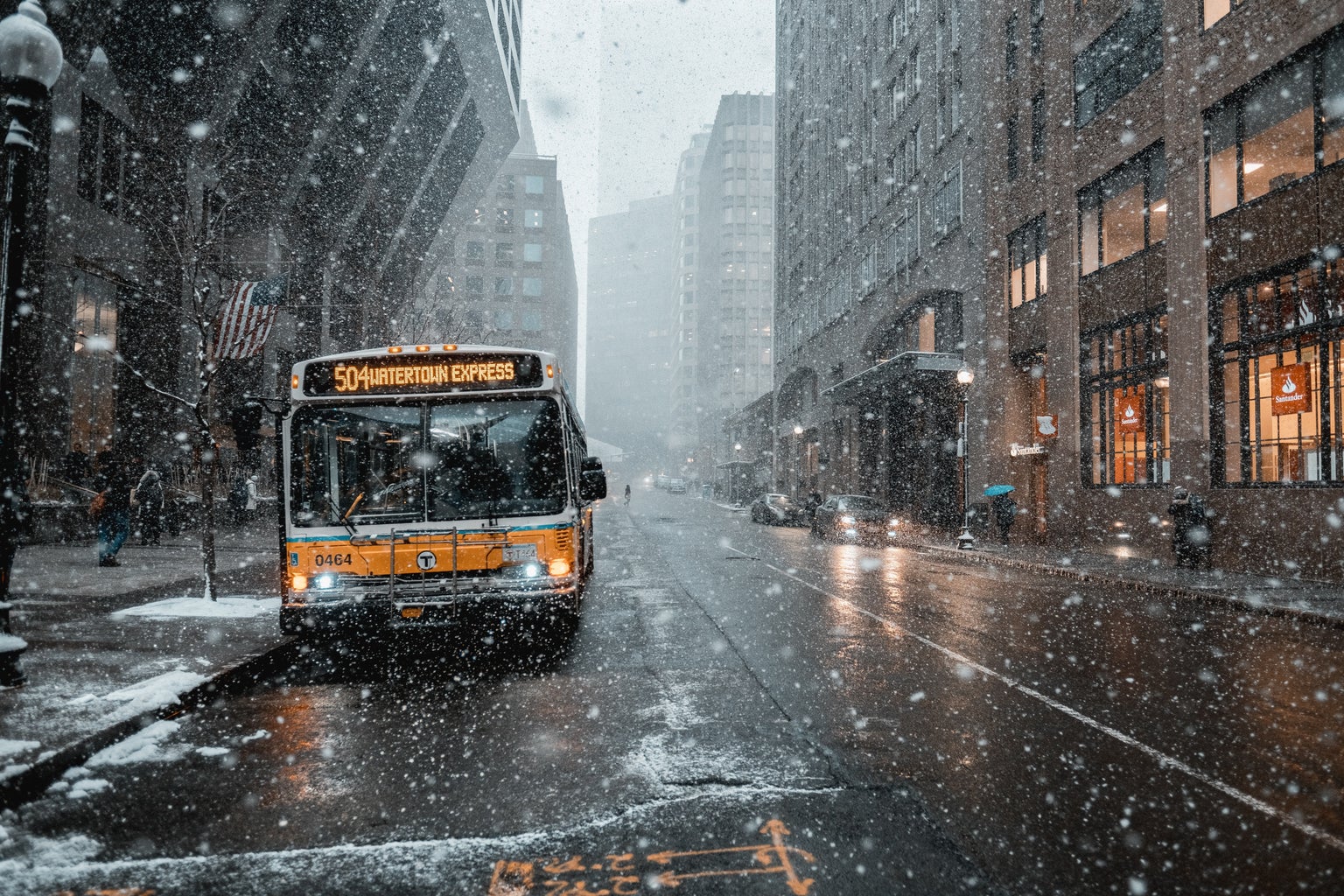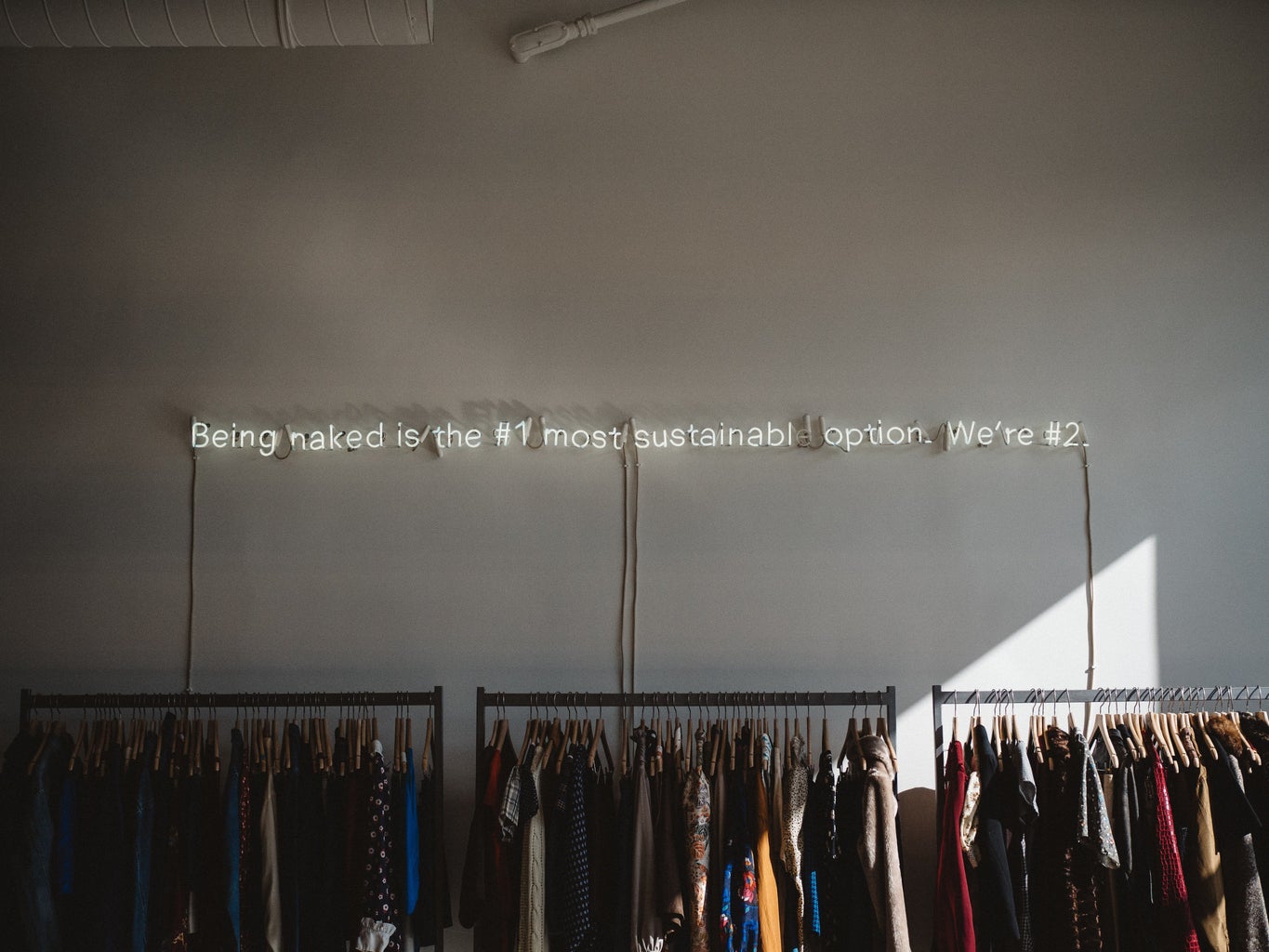Earth Day is here: not only being the annual celebration of our planet, but promoting all we can do to advocate for environmental protection. Many of us want to make meaningful changes to our environment, yet it can be difficult to find the time to dedicate to large-scale movements and projects in the name of environmental justice. But there are small actions you can take on Earth Day (and every day) to enjoy our planet’s natural beauty while striving to preserve it.
Recycling and Composting
Okay, this one might be a bit self-explanatory, but it’s important to reiterate the importance of recycling and composting when you can. Recycling reduces the need to make new materials and composting returns valuable nutrients to soil, which in turn reduces greenhouse gas emissions and excessive waste disposal.
Before disposing of something, check to make sure you’re putting it in the right place. It might sound easier to throw all your waste in a trash can (out of sight, out of mind), but not only does UW clearly mark what to dispose and where, the city of Seattle provides required recycling and composting services, making it a fairly easy process to partake in. It’s also good practice to have three bins in your living space: one for waste, recyclables, and food scraps, respectively.
Eating Sustainably
Since the first Earth Day in 1970, the global populations of mammals, reptiles, amphibians, fish, and birds has declined by 60%. According to the World Wildlife Fund, the most prominent reason is due to our food production practices. Meat and dairy production account for almost 15% of the world’s global greenhouse gas emissions because it requires a considerable amount of land, water, and energy.
This is one of the reasons why alternative diets, such as vegetarianism and veganism, have become so popularized. I’m not saying that you should give up meat and dairy一claiming that everyone has to eliminate meat and dairy comes from a heavily classist perspective一but you do have the option to eat more sustainably.
Eat less meat and dairy products if you can, and when you do eat these products, try to buy products from sustainable farms if possible. Partaking in those practices, even occasionally, can go a long way.
Utilizing Public Transportation
Did you know that transportation accounts for nearly half of all greenhouse gas emissions in Washington? Reducing cars and other single-occupant vehicles goes a long way when it comes to eliminating air pollution. According to King County Metro, their services displace four times more greenhouse gas emissions than they generate. And the popularization of public transportation would also help facilitate more efficient land use, being that less cars means less traffic congestion.
The accessibility of public transportation makes it a fairly straightforward way to reduce your carbon footprint一especially considering King County Metro’s Sustainability Plan. And as a UW student, your U-PASS (which is included with tuition) results in unlimited rides on regional buses, commuter trains, the light rail, and water taxis.
Donating Clothes and Buying Second-Hand
The fashion industry is notoriously known for being unsustainable. Not only do the vast majority of textiles end up in landfills, with 4% of global waste coming from the fashion industry alone, but creating clothes exploits natural resources. This makes thrift shopping a great way to act sustainably. From stores right here in U District (e.g. Red Light, Crossroads Trading Co., Goodwill) to online options (e.g. Depop, Poshmark), buying second-hand clothing is more accessible than ever.
And if you have some clothes you don’t utilize anymore, donate! It’s not only a great way to protect the environment, but it helps people who need them. Some organizations to consider in the Seattle area include Mary’s Place, Seattle Children’s Hospital, and Seattle Adult Rehabilitation Program, just to name a few.
These are just some of the actions you can take to fight climate change. This Earth Day, consider what you can do on a day-to-day basis in order to reduce your carbon footprint.
